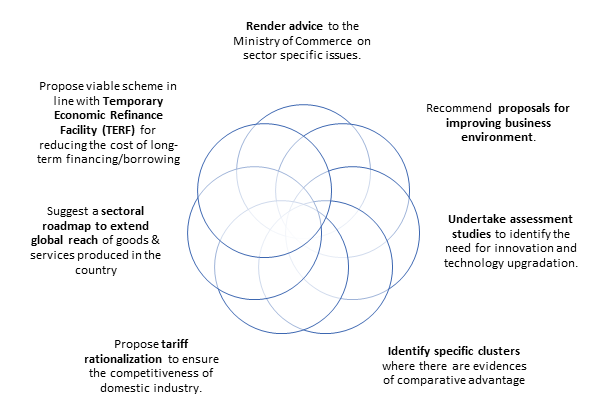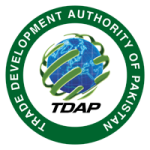Focusing on implementation
The implementation of NPSES priority actions through an efficient coordinated framework will drive reforms, optimize institutional structures and strengthen private sector capacities to respond to national, regional and global market opportunities.
The NPSES identifies the priorities that are translated into implementable actions. The effectiveness of the NPSES to support the export development will depend on the ability of the government of Pakistan, institutions and private sector enterprises to implement the strategy’s plans of action.
Allocating sufficient resources early in the implementation process not only concretizes the government’s national commitment but also creates the foundation to establish a robust implementing structure that will be able to produce fast results.
The responsibility for implementation rests with leading national institutions identified in the NPSES plans of action. Trade competitiveness cuts across ministries, national agencies, subnational institutions, industry associations and private sector organizations.
The Government of Pakistan has established an effective governance mechanism to implement NPSES recommendations: The National Export Development Board (NEDB), Sector Specific Councils (SSCs), as well as a STPF coordination and monitoring unit are setup to guide the implementation of the strategies and supervise overall trade development in the country. The SSCs will act as an advisor to the government and private sector through leadership and coordination. It is composed of key public and private stakeholders to identify holistic solutions to cross-cutting issues affecting the sector. The SSC has a number of critical roles, as it intends to provide an essential link between the Government and the industry, these are

Contact Us
Trade Development Authority of Pakistan 5th Floor, Block A, Finance & Trade Centre P.O. Box No. 1293, Shahrah-e-Faisal, Karachi 75200 Pakistan.
Related Links
- Ministry of Commerce
- Special Investment Facilitation Council
- The Federation of Pakistan Chambers of Commerce & Industry
- Pakistan Bureau of Statistics
- Ministry of Foreign Affairs
- Pakistan Standards & Quality Control Authority
- Federal Board of Revenue
- State Bank of Pakistan
- National Tariff Commission
- Trade Dispute Resolution Organisation
- Trade Map
- Pakistan Single Window
- Pakistan National Accreditation Council
- UN Sanctions SROs (MOFA)

